Around 430 civil society from 69 countries urged the UN to cut ties with the pesticide industry.
Around 430 civil society and indigenous peoples’ groups from 69 countries have petitioned the United Nations (UN) Food and Agriculture Organization (FAO) to cut ties with the pesticide industry.
Ahead of the FAO Council’s 170th session, which is set to take place on June 13, Pesticide Action Network (PAN) sent a letter to Council members co-sponsored by ten other global networks and on behalf of 430 organizations.
In a letter to the FAO, the network requested that the Council decide on their demand at the upcoming meeting. Also Read | Global cereal output and consumption are expected to fall: FAO Report.
‘This demand builds on ongoing concerns expressed by civil society and indigenous peoples’ organizations, as well as recommendations made by the UN Special Rapporteur on the Right to Food during the 49th session of the Human Rights Council,’ a statement issued here on Friday said.
Concerns about human rights
They referred to the recommendation that the agreement with CropLife International is reviewed with a focus on human rights concerns and that the Director-General of FAO is directed to rescind the agreement. The pesticide industry, they claimed, has ‘intervened in national policy and exerted enormous pressure on governments that take measures to protect people and the environment from pesticide harms.’
As part of the FAO’s Private Sector Engagement Strategy, the FAO signed a Letter of Intent with CropLife in October 2020 to collaborate in a variety of areas. ‘Any efforts to progressively ban highly hazardous pesticides, as recommended for consideration by the FAO Council as early as 2006,’ the letter stated.
Also Read | Banning of 27 pesticides decision by Union Agriculture Ministry likely this week.
Investment of public resources
‘Enormous amounts of public money have been invested in FAO to get it to this point. It is a public institution, but it is part of a common-pool resource. It cannot be held hostage by private interests and agendas,’ said Narasimha Reddy Donthi, Senior Adviser, Pesticide Action Network India.
‘For many years, public institutions have been built with transparency, accountability, and sustainability in mind. We have to keep it up,’ he said.



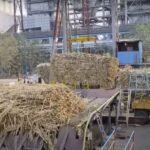
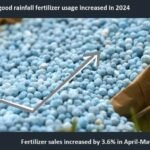

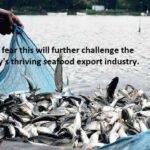



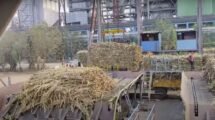
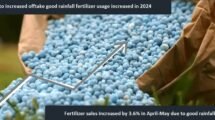






Add Comment